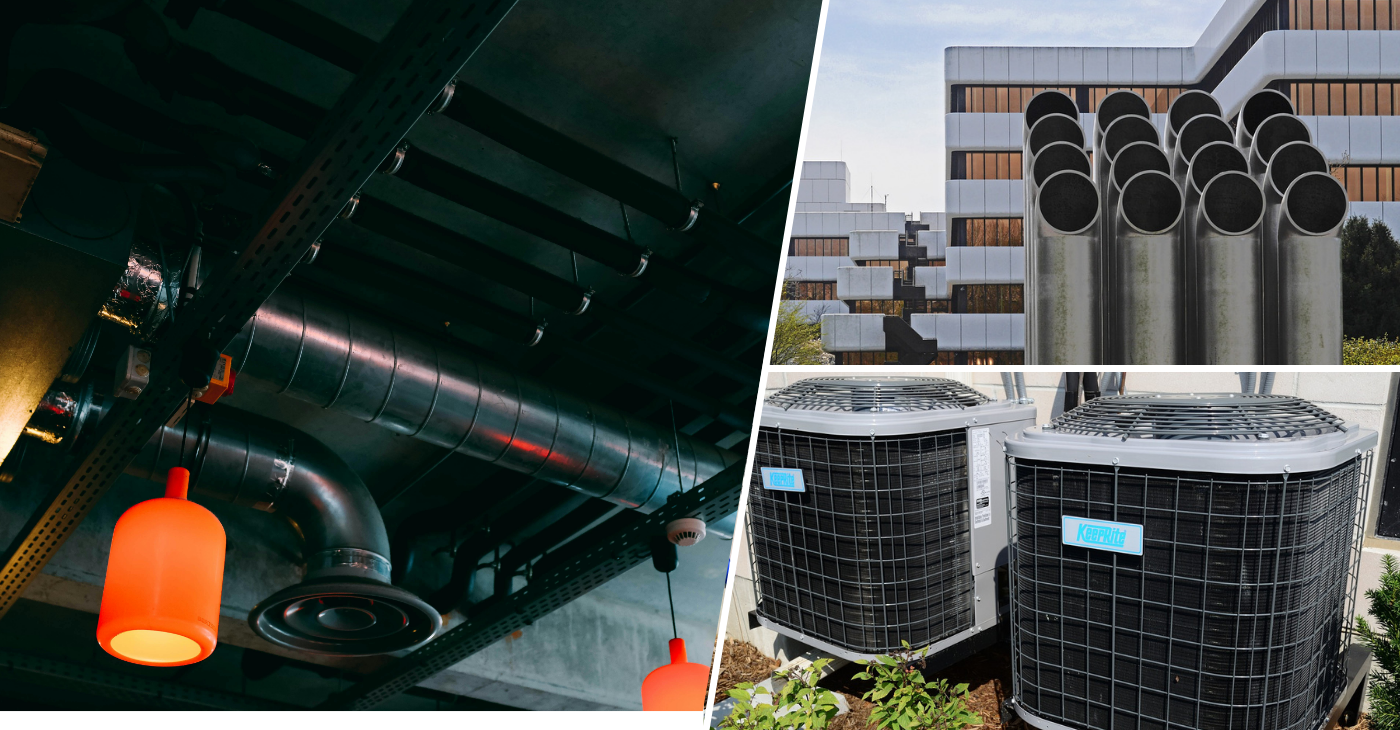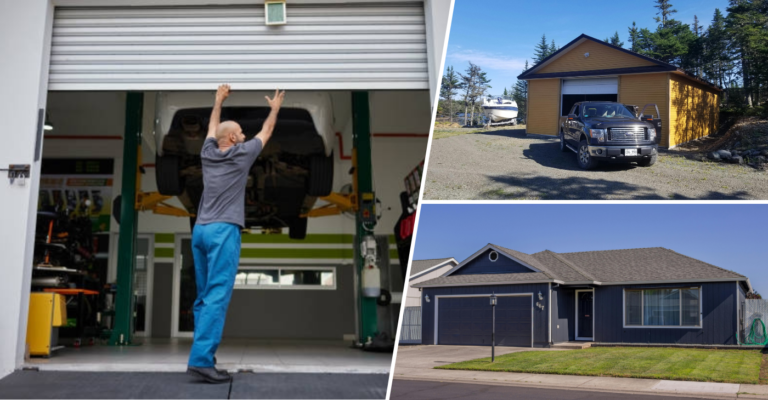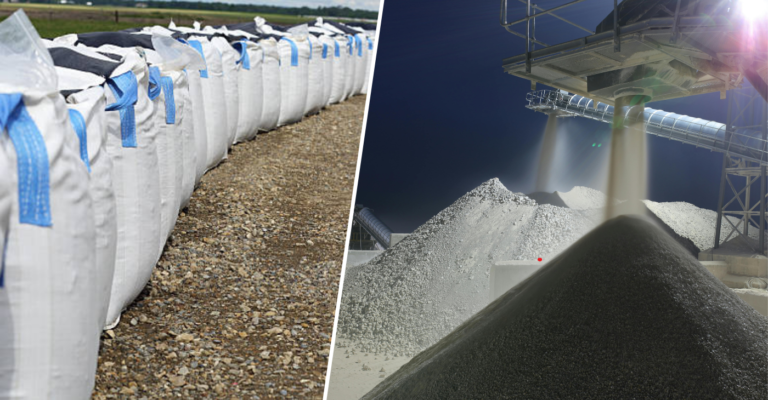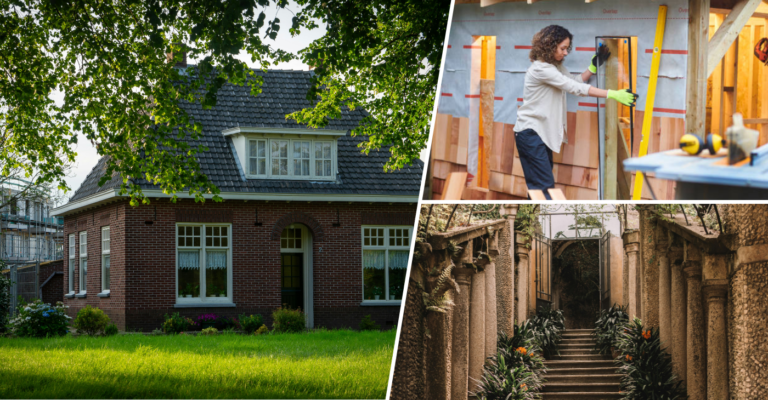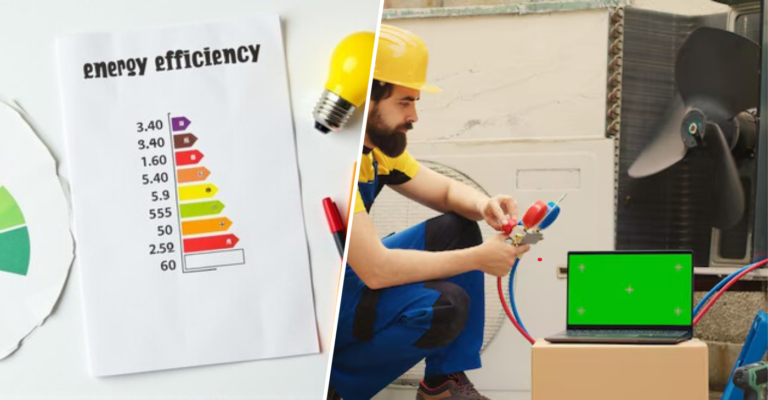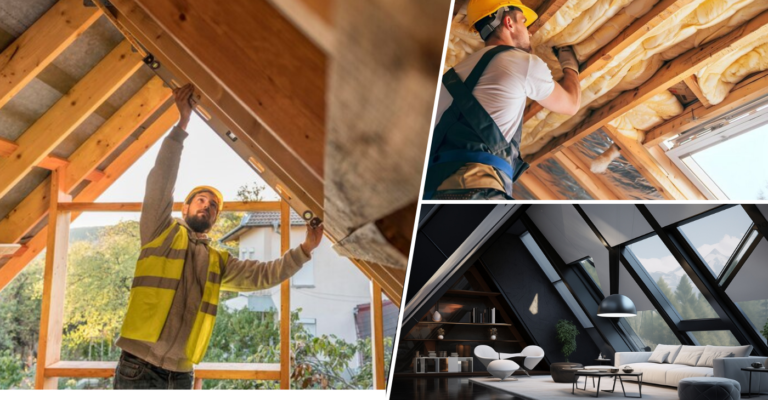HVAC questions and answers – Tips and knowledge
HVAC systems (Heating, ventilation, and air conditioning) are key to keeping our homes comfortable. They control the temperature, airflow, and indoor air quality. Regular maintenance and knowing how your system works can save you money and prevent unexpected problems. Proper upkeep also ensures better air quality and lower energy bills. This blog highlights the importance of maintaining HVAC systems to ensure optimal temperature control, airflow, and air quality in your home. HVAC questions and answers will guide you through the process.
What does HVAC stand for and how does it work?
HVAC stands for heating, ventilation, and air conditioning. It’s a vital system for maintaining comfortable indoor environments. In simple terms, HVAC systems control the temperature, humidity, and air quality within a space. The system is made up of several components working together to either heat, cool, or ventilate a building.
HVAC system also includes key parts like thermostats (which control the system), heat exchangers, blower motors, evaporator coils, and condensers. Properly maintaining these components ensures efficiency and longevity of the system.
- Heating: This is typically achieved through furnaces, boilers, or heat pumps. In colder months, these systems burn fuel (natural gas, oil, propane) or use electricity to generate heat. The warm air is distributed through ducts or radiators.
- Ventilation: Ventilation plays a key role in removing stale air, moisture, and pollutants from indoors. It helps in bringing fresh air from outside. Mechanical ventilation systems include fans, vents, and ductwork to control air movement. In while, natural ventilation relies on windows and other openings.
- Air conditioning: Air conditioning systems cool indoor spaces by removing heat and moisture from the air. This is done through refrigerant-based cooling systems, such as central air conditioning or ductless mini-splits. Heat is absorbed from indoor air by the refrigerant and released outdoors through a condenser.
How often should I service my HVAC system?
Understanding the best practices for system efficiency is key, and our HVAC questions and answers will guide you through the process. You should service your HVAC system twice a year. Once in the spring for cooling and once in the fall for heating. These biennial inspections help ensure that your system is ready to perform during the peak summer and winter months.
For heat pumps, which operate year-round, servicing every 6 months is especially important. Regular maintenance prevents unexpected breakdowns and keeps your system running at peak efficiency.
During service, a technician will:
- Inspect and clean filters, coils, and ductwork.
- Check refrigerant levels and ensure there are no leaks.
- Inspect the blower motor and belts.
- Test HVAC control system and thermostat operation.
Why is my HVAC system making noise?
Homeowners often turn to HVAC questions and answers to solve common issues like inefficient cooling or strange noises in their systems. Strange noises coming from your HVAC system can be an early indicator of issues. Here’s what different sounds could mean:
- Rattling or banging – This often points to loose components like screws, bolts, or the blower motor fan. Over time, vibrations from normal operation can cause parts to loosen.
- Hissing or whistling – These sounds typically indicate an airflow problem, such as blocked vents or clogged air filters. Hissing could also signal a refrigerant leak, which needs immediate attention to avoid system damage.
- Buzzing – This is usually an electrical issue and could be related to the capacitor or wiring in the system. Electrical problems need quick professional diagnosis to prevent further damage. Our HVAC questions and answers section is designed to help you troubleshoot common problems quickly.
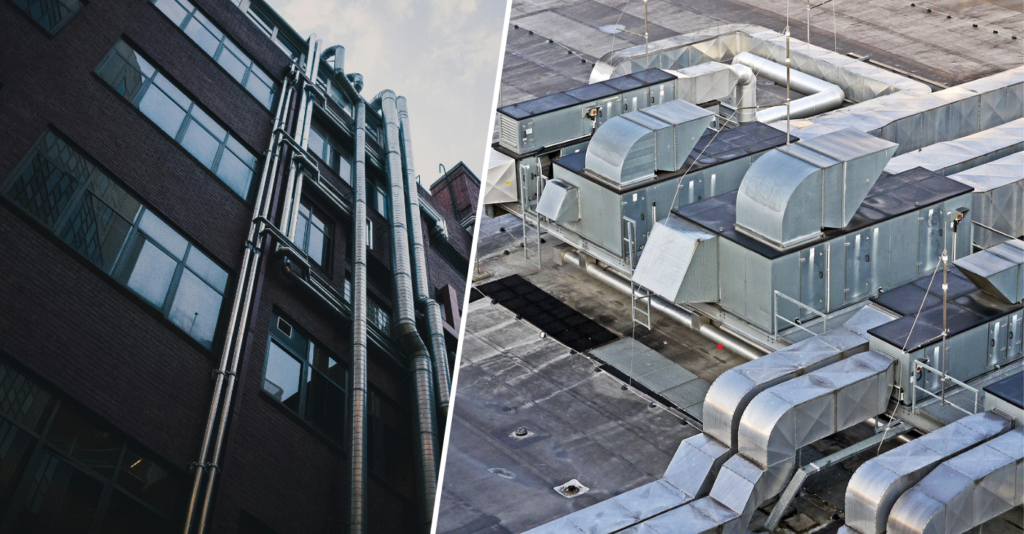
When should I replace pipes in my house?
Pipes have a limited lifespan, and it’s important to know when to replace them to avoid water damage or system failures. Different materials last for varying amounts of time. Galvanized steel pipes last about 20-50 years, copper pipes around 70-80 years, and PVC pipes about 25-40 years.
Signs that your pipes may need replacing include frequent leaks, corrosion, low water pressure, or discolored water. In older homes, galvanized steel pipes are particularly vulnerable to corrosion and lead contamination. Replacing these with copper or PEX piping can enhance water quality and prevent future problems.
When should I remodel our bathroom?
A bathroom remodel may be necessary if your current space is outdated, inefficient, or showing signs of wear. Look for indicators like cracked tiles, leaking fixtures, persistent mould, or poor ventilation. If your bathroom is over 10-15 years old, a remodel can enhance not only aesthetics but also functionality.
Consider upgrading to water-efficient fixtures like low-flow toilets and faucets. It can significantly reduce water consumption. If space allows, adding features like heated floors or modern ventilation systems can improve comfort and reduce humidity issues.
I have a bad smell in the bathroom. Should I call a plumber?
Yes, if there is a bad smell in your bathroom that doesn’t go away, it’s best to call a plumber. A plumber can inspect the drainage system and ventilation to identify the root cause and provide a solution. Persistent odors can be caused by several issues:
- Blocked or dry drains: A dried-out P-trap can allow sewer gases to escape into the bathroom.
- Sewer line issues: A damaged sewer line can cause foul smells to seep back into your home.
- Ventilation problems: Poor air circulation can trap odors, moisture, and mold.
When should I do service on the plumbing in my house?
Plumbing should be serviced annually to prevent leaks, clogs, and other common issues. Regular inspections help ensure that pipes, faucets, and water heaters are in good condition. Routine service helps you catch small problems early, extending the life of your plumbing system. Our HVAC questions and answers explore key tips to lower energy costs and maintain home comfort all year round. Some key areas to check include:
- Water pressure consistency.
- Checking for signs of water damage around pipes and fixtures.
- Flushing out water heaters to remove sediment buildup.
How can I improve my HVAC system’s efficiency?
Upgrading to energy-efficient units or systems with high SEER (Seasonal energy efficiency ratio) ratings can also cut down energy costs. There are several ways to enhance your HVAC system’s efficiency:
- Replace air filters regularly: Clogged filters restrict airflow, forcing the system to work harder. Replace filters every 1-3 months, depending on usage.
- Seal ducts: Leaky ductwork can lose up to 30% of heated or cooled air, reducing system efficiency.
- Install a programmable thermostat: This allows you to set temperature schedules, avoiding unnecessary energy use when no one is home.
- Regular maintenance: Keep your system clean and well-maintained to prevent it from overworking.
What size HVAC system do I need?
The size of your HVAC system depends on your home’s square footage, insulation levels, climate, and heat load. An undersized system won’t adequately heat or cool your home, while an oversized system will cycle on and off too frequently, leading to wasted energy and wear and tear. A load calculation performed by an HVAC professional can determine the right system size for your home, factoring in the number of windows, insulation quality, and other relevant considerations.
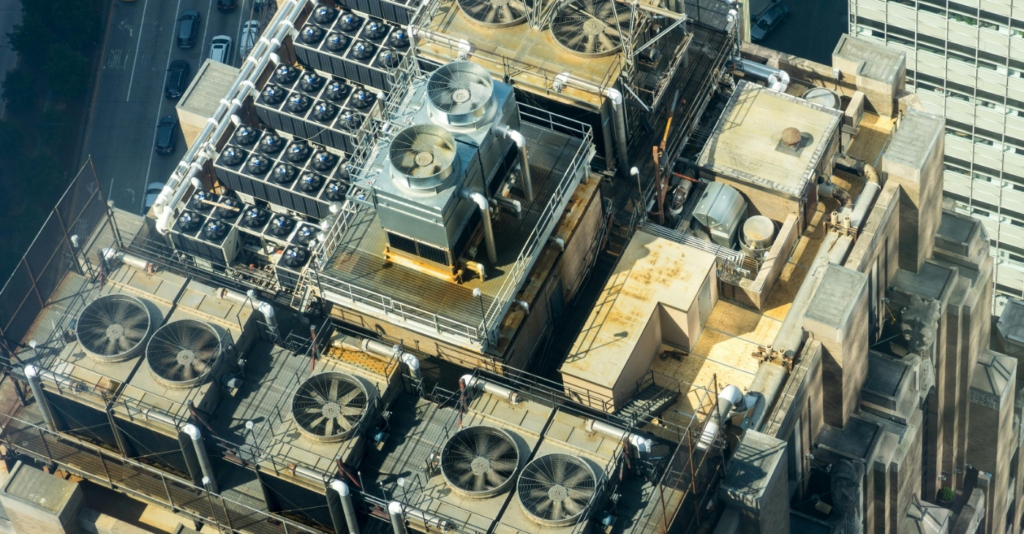
What’s the difference between a heat pump and a furnace?
A heat pump is a versatile system that transfers heat from the outside air or ground to your home. It works in reverse in summer to cool your home. Heat pumps are energy-efficient and work well in milder climates.
A furnace, on the other hand, generates heat by burning fuel like gas, oil, or electricity. Furnaces are more effective in colder climates because they produce more heat quickly. In some regions, homeowners use both systems called a dual-fuel system to maximise energy savings throughout the year.
How long do HVAC systems typically last?
On average, most HVAC systems last between 15-20 years. Regular maintenance can help extend the life of your system. Learn how to extend the lifespan of your system with our comprehensive HVAC questions and answers guide. Upgrading to a newer, more efficient model is often the best option after a certain point. However, the lifespan can vary depending on the type:
Furnaces typically last 15-20 years, while heat pumps and air conditioners have a lifespan of 10-15 years. Boilers tend to last longer, often up to 30 years. Regular maintenance can help extend the life of these systems, but replacement is recommended once they near the end of their expected lifespan to ensure efficiency and reliability.
What should I do if my HVAC system isn’t cooling or heating properly?
First, check your thermostat settings and ensure the system is on the correct mode (cooling or heating). If the settings are correct and the system still isn’t performing well, check the air filter and ductwork for any blockages.
If these steps don’t resolve the issue, a professional may need to inspect for refrigerant leaks, failing compressors, or faulty wiring.
What are the benefits of upgrading to a high-efficiency HVAC system?
Upgrading to a high-efficiency system can significantly lower energy bills by reducing consumption. It also improves indoor air quality with better filtration and helps reduce your carbon footprint due to lower energy usage. These systems offer both environmental and financial benefits, making them a smart choice for homeowners. Modern systems are quieter, more reliable, and often come with advanced features like zoning and smart thermostats that improve comfort and efficiency.
What is zoning in HVAC, and how does it work?
Zoning allows you to control the temperature in different areas or “zones” of your home independently. This is done by installing dampers in the ductwork that regulate airflow to specific rooms. Zoning improves comfort and saves energy by preventing over-conditioning in unused areas of the home.
How many radiators do I need for my home?
The number of radiators you need depends on several factors, including the size of each room, the heat output required (measured in BTUs – British Thermal Units), and your home’s insulation levels. To calculate it, you typically use the square footage of the room, the ceiling height, and whether the room has large windows or poor insulation.
As a general rule, for a standard room, you’ll need around 30-40 BTUs per square foot. For larger spaces or rooms with higher ceilings, you may need more. It’s best to have a professional perform a heat loss calculation to ensure you have the right number and size of radiators for efficient heating.
How do you ensure proper ventilation in complex homes?
In larger or more complex homes, ventilation can be challenging. Mechanical ventilation systems, such as ERVs (Energy recovery ventilators) or HRVs (Heat recovery ventilators), are essential for controlling humidity and ensuring fresh air circulation. These systems exchange stale indoor air with fresh outdoor air while recovering energy from the exhausted air to improve overall efficiency.
Final thoughts – Key HVAC tips for homeowners
Maintaining your HVAC system is essential for comfort, energy efficiency, and long-term reliability. Improve your system’s performance with our detailed HVAC questions and answers, addressing everything from filter changes to thermostat issues. Regular service keeps it running smoothly and prevents costly repairs. Addressing issues like strange noises or airflow problems early can save you from bigger problems later. Upgrading to a high-efficiency unit lowers energy bills, improves air quality, and reduces environmental impact. Proper maintenance of both your HVAC and plumbing systems ensures your home functions well and remains comfortable all year. By staying on top of these tasks, you can avoid unexpected breakdowns and costly damage. Find detailed explanations about system maintenance in our HVAC questions and answers.

